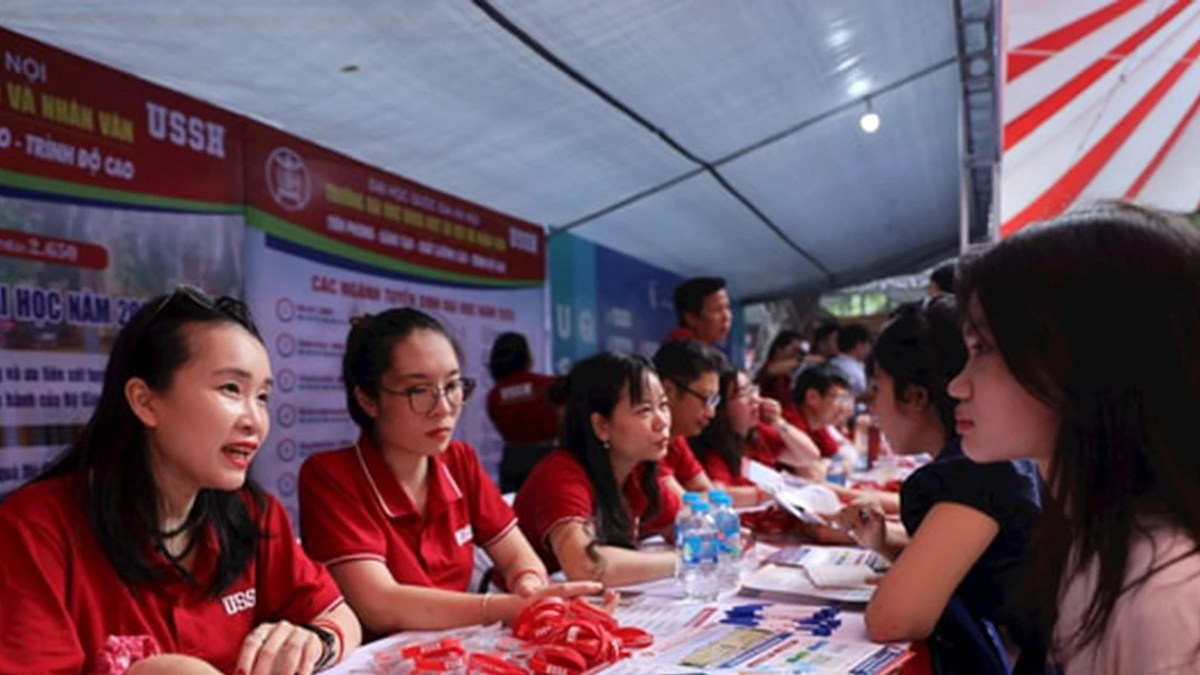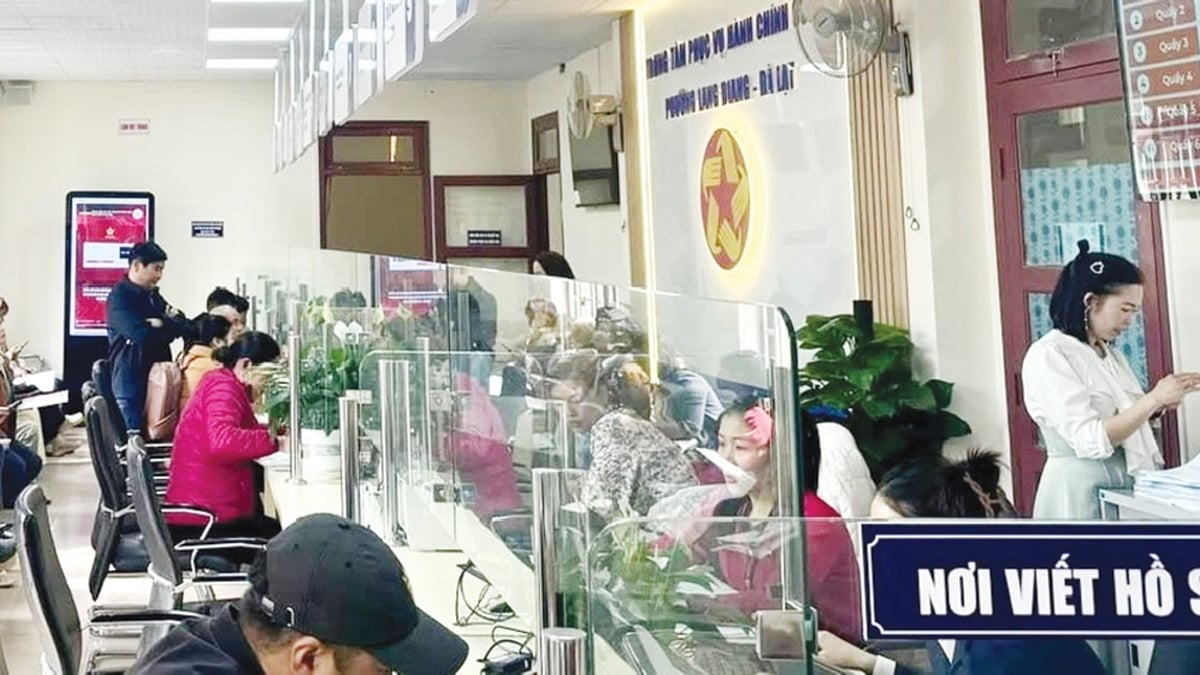World gold price unexpectedly increased
At the time of survey at 5:00 a.m. on January 30, the gold price on the trading floors of some companies was as follows:
DOJI listed the price of 9999 gold at 74.15 million VND/tael for buying and 76.75 million VND/tael for selling.
SJC gold price at Bao Tin Minh Chau Company Limited is also traded by the enterprise at 74.45 - 76.85 million VND/tael (buy - sell). Meanwhile, at Bao Tin Manh Hai, it is being traded at 74.45 - 77.05 million VND/tael (buy - sell).

According to Kitco, the world gold price recorded at 5:00 a.m. today, Vietnam time, was at 2,032.790 USD/ounce, a difference of 14.2 USD/ounce compared to the gold price in yesterday's trading session. Converted according to the current exchange rate at Vietcombank , the world gold price is about 59.459 million VND/tael (excluding taxes and fees). Thus, the price of SJC gold bars is still 14.841 million VND/tael higher than the international gold price.
Japanese Yen exchange rate continues to plummet
Japanese Yen exchange rate surveyed on the morning of January 30 at banks, specifically as follows:
At Vietcombank, the buying rate is 161.01 VND/JPY and the selling rate is 170.42 VND/JPY, down 0.54 VND for buying and 0.57 VND for selling. At Vietinbank, the Yen rate decreased 0.58 VND for buying and selling, equivalent to 161.79 VND/JPY and 171.49 VND/JPY.
At BIDV, the Japanese Yen exchange rate decreased by 0.46 VND in buying and 0.51 VND in selling, reaching 162.12 VND/JPY and 170.68 VND/JPY, respectively. At Agribank, the Japanese Yen exchange rate was 162.62 VND/JPY and 168.41 VND/JPY – down 0.62 VND in buying and down 0.65 VND in selling.
At Eximbank, the buying and selling rates decreased by 0.6 VND, respectively, to 163.36 VND/JPY and 168.03 VND/JPY. At Techcombank, the Japanese Yen exchange rate decreased by 0.39 VND, respectively, and by 0.36 VND, respectively, to 159.33 VND/JPY and 170.35 VND/JPY. At Sacombank, the buying rates decreased by 0.08 VND, respectively, and the selling rates decreased by 0.09 VND, respectively, to 164.73 VND/JPY and 169.79 VND/JPY.
Thus, today Sacombank is the bank with the highest buying rate of Japanese Yen and Eximbank is the bank with the lowest selling rate among the banks.
Vietnam's rice export price "evaporates" sharply, some types decrease by 19 USD/ton
Within 1 month, Vietnam's rice export price has continuously decreased sharply, some types decreased by up to 19 USD/ton, contrary to the increasing trend of other countries.
Vietnam's rice export prices continued to fluctuate sharply downward last week. Specifically, information from the Vietnam Food Association (VFA) shows that Vietnam's rice export prices have decreased by 10 USD/ton, from 652 USD/ton to 642 USD/ton. If calculated from the beginning of January 2024 until now, the price of 5% broken rice in Vietnam has decreased by 11 USD/ton.

In addition to 5% broken rice, other rice segments also recorded sharp decreases, of which, 25% broken rice is currently priced at 614 USD/ton, down 19 USD/ton compared to early January 2024; Jasmine rice also decreased by 8 USD compared to early January and is currently priced at 720 USD/ton. The 100% broken rice segment alone still maintains the mark of 534 USD/ton.
In contrast to the downward trend of Vietnamese rice, Thai and Pakistani rice prices have increased quite strongly. Specifically, according to the update of the Thai Rice Exporters Association (TREA), the price of 5% broken rice of this country has increased to a historical level of 669 USD/ton last week. At this price, Thai 5% broken rice has surpassed the same grade of Vietnamese rice by 17 USD/ton - this is also the first time in about a year that Thai rice prices are higher than Vietnamese rice.
Similarly, Pakistani rice has also been continuously adjusted upward in recent weeks.
According to Vietnamese rice exporters, the reason why Thai and Pakistani rice prices have been increasing sharply is due to limited supply from two major exporting countries, India and Vietnam. Of these, India continues to maintain its ban on rice exports, while Vietnam currently has limited supply and will only harvest heavily after Tet.
Sharing with the reporter of Industry and Trade, Mr. Nguyen Van Thanh - Director of Phuoc Thanh IV Production - Trading Company Limited expressed his opinion that at this time, near Tet, there are not many new transactions, in addition, the winter-spring rice harvest must not begin until after Tet. Therefore, the export price of Vietnamese rice not only did not increase but on the contrary, it decreased sharply. As for Thailand, the price of rice in this country increased due to large market demand and Thailand is also entering the harvest period of the largest crop of the year, so transactions are more active.
Source


































































































Comment (0)